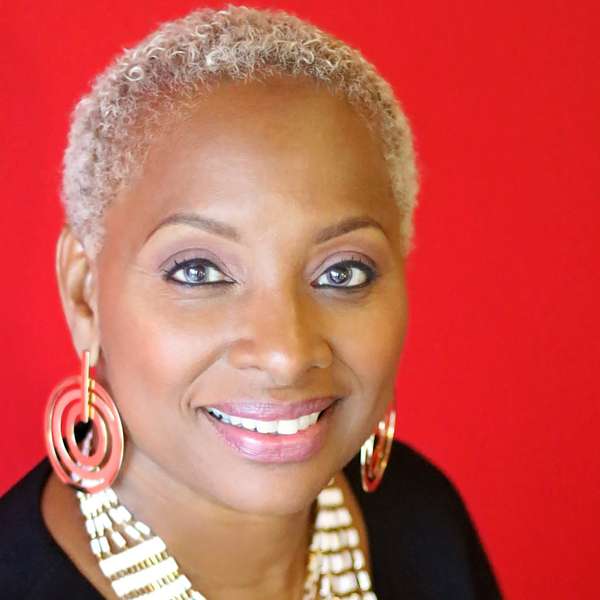
The Battles We Pick
What can we learn about making social and political change from talking to professional change-makers? This work takes a combination of persistence, shrewdness, and luck. On the Battles We Pick podcast, skilled advocates and organizers talk about how they deal with the various challenges they confront.
Theme music by generous permission of recording artist Stephen.
The Battles We Pick
DEI consultant Angela Bruce-Raeburn on confronting the development field with its systemic racism
When George Floyd's horrific murder prompted a reckoning with the America's pervasive racism, a nagging concern had been on Angela Bruce-Raeburn's mind for at least a decade over the racism she saw in the global development field. As a Black American who migrated from Trinidad and Tobago as a child, Angela felt it was time to highlight the problem in her profession via articles such as "The Hustle -- White saviors and hashtag activism." She also devoted herself full-time to helping make the field more diverse by starting the DEI consulting firm DiverseDEV.
In the spirit of bringing the reckoning home to her professional field, she began our conversation by pointing out the deep roots of racism in development that trace back to colonization by White people in earlier centuries. In its current form, this has meant White aid donors imposing their "solutions" onto local black and brown people without asking what they see as the best path. And the same dominance by whites of these conversations and decisions at ground level around the world could also be seen within the aid organizations themselves.
It shouldn't have taken a videotaped murder to shock society into awareness, but Angela saw an opening and new possibilities for change that were worth exploring. To begin with, she was able to catalyze a more honest discussion about race and development. As she tells David in the podcast:
"Now there was an opportunity to even speak about it. Now there are panel discussions in these organizations, shocking for someone like me, who ten years ago would never have been able to be so vocal or so open about what I was seeing."
Angela and David also reflected on the wider implications for advocacy work -- that getting people talking about previously denied or downplayed problems can be an essential precursor for meaningful change. Angela stressed another interesting form of cultural competence, saying it's important for her to work only in the development sector, basing her advice on DEI on her familiarity with that field's professional culture. And her current effort raises fascinating questions about the forms of change she pushes for change in the workings of organizations that themselves do advocacy, In addition to the podcast conversation, this article by Angela gives some good examples.
